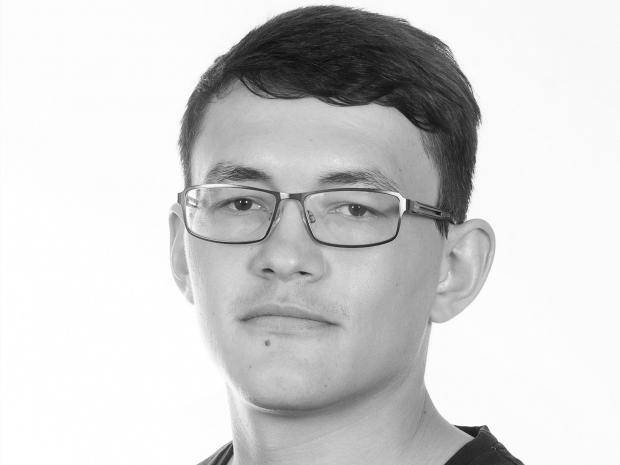The ongoing investigation into the recent murder of Slovak journalist Jan Kuciak and his girlfriend Martina Kusnirova has reportedly led to several arrests and raids on the homes of Italian businessmen with alleged links to the mafia.
Europol is also working on the case.
“We do not yet know the full extent of this story,” said Anna Zaborska, a Slovak member of the European Parliament. She described the murder is a “black spot, not only on the image of our country, but of the entire EU” and called for tougher EU stance against fraud and corruption.
Kuciak was researching mafia links to corruption before his murder. The website for which he worked published his final, unfinished report earlier this week.
And while Slovakian Prime Minister Robert Fico has offered a reward for clues, observers doubt the government’s will to solve the case, according to Deutsche Welle, Germany’s international broadcaster. Fico posed next to a pile of €1m in cash on television.
The EU’s anti-fraud office, Olaf, has reported only one case of cross-border fraud between Slovakia and the Czech Republic and this was two years ago and after eight investigations.
According to DW, Pauline Ades-Mevel of the international press freedom NGO Reporters Without Borders confirmed the work climate for journalists in Slovakia has “worsened considerably” in recent years. This is also a result of the increasing concentration of mass media that the government tolerates despite legal violations.
German Green Party MEP and financial crime specialist, Sven Giegold, condemned Fico’s TV appearance announcing the €1m cash reward. “It was exactly the same in Malta: Draconian words were uttered, and in Slovakia too, mafia-style reward money for information about the murderer was offered,” he said.
Giegold said he hopes the EU will send an impromptu delegation to Bratislava to investigate the Kuciak case. “The murder of journalists in the EU is unacceptable,” he said. “We must not allow them to lose the courage to investigate the borderland between crime and government.”
“On behalf of Parliament, I would like to reinforce the message that we all have a duty to continue his fight for the truth,” said European Parliament President Antonio Tajani. He also said the EU must ensure that “journalists can exercise their profession in security and freedom”.
Meanwhile, European Commissioner for Budget and Human Resources Günther Oettinger expressed himself cautiously in an interview with the German newspaper Die Welt. He confirmed the Olaf investigation into the misappropriation of EU funds, and promised to take a close look at the case in Slovakia. “In a few weeks’ time, we will have clarity about financial transactions and a possible misappropriation of funds”.
In a separate report, Foreign Policy online noted Slovakia has long been on the spotlight of anti-corruption watchdogs. In the 2017 edition of the Corruption Perceptions Index, it ranked sixth from the bottom among EU members. And a 2016-2017 World Economic Forum report listed corruption as the most significant barrier to doing business in Slovakia.
It also noted that the prospects for bridging the deep gap between the government and the media seem bleak. A few hours after Kuciak and his girlfriend were found dead, the editor of the country’s leading weekly Tyzden wrote that he had no trust in the police. Stefan Hrib appealed to journalists to investigate the case on their own.

